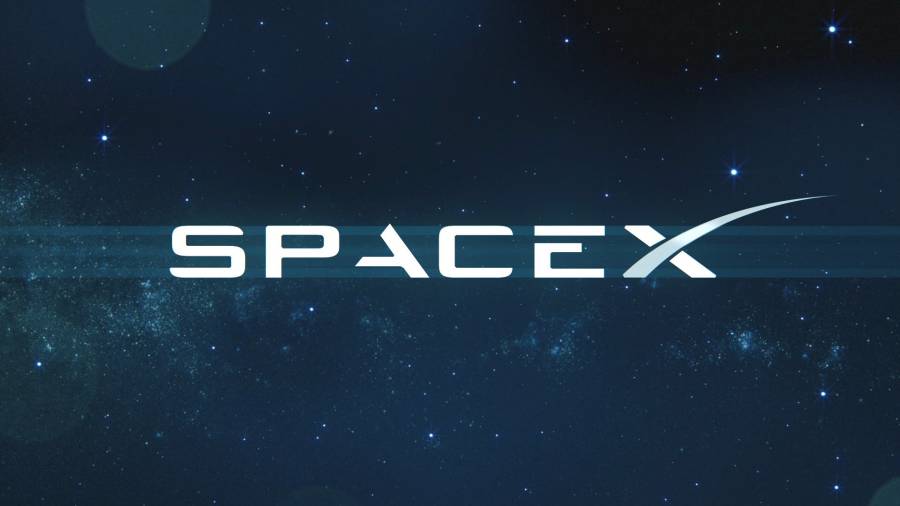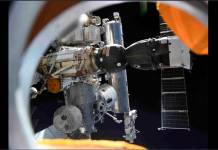On Wednesday morning, SpaceX provided a new update on the state of its September accident, saying the company would resume launch of its rockets in January.
The announcement by Elon Musk’s space travel firm follows prior statements claiming SpaceX would be up and running by mid-December with the takeoff of the Iridium-1 mission.
Previous rumors also hinted at the agency preparing a first official report on the Falcon 9 anomaly, during which the rocket presented an engine malfunction that caused it to catch on fire along with the $200 million satellite it was carrying.
The company said they expect to be back in the atmosphere as soon as early January. SpaceX will join the newly merged Tesla Motors and SolarCity at full steam under the command of Elon Musk.
What is the objective of January’s mission?
In January, SpaceX will deliver ten satellites into low Earth orbit for Iridium Communications Inc.
Iridium said it expected SpaceX to launch the first batch of satellites aboard the Falcon 9 on December 15, but the company reassured the public about its trust in SpaceX and the new takeoff date.
“We remain as confident as ever in their ability to safely deliver our satellites into low Earth orbit,” the company said in a statement.
SpaceX’s update was just as brief, claiming its team was working on finishing up all the details to take on the Iridium-1 mission “safely and reliably.”
The company added the delayed launch also provided it with an opportunity to test everything more thoroughly to avoid any unexpected consequences.
We support @SpaceX announcement today to extend the 1st #IridiumNEXT launch date into early January. https://t.co/xpj7RnWoGO
— Iridium (@IridiumComm) December 7, 2016
The space travel company recovered quickly from September’s anomaly
While any aerospace venture would wish it could have a 100% success rate on its launches, the reality couldn’t be more different. In spite of this, SpaceX current score seats at 95%, a remarkable achievement for a private.
In its 14-and-a-half years of history, SpaceX has only had three misfortunate episodes of some notoriety. Two of them involved the destruction of rockets, thankfully unmanned.
Experts noted it usually took agencies eight months in average to get back on track, but SpaceX will continue to work just four months after the Falcon 9 explosion.
What caused the Falcon 9 rocket to catch on fire?
For the latest incident involving the Falcon 9 fireball explosion, an investigation group formed by NASA, FAA, and third-party experts analyzed the circumstances of the event both in site and in a simulated environment by SpaceX.
The company has yet to publish the first official report on the findings, but judging by Iridium’s initiative to formally announce the launch of its satellites ahead of FAA approval, the public may have some reason to think specialists found no wrongdoing on SpaceX’s part.
SpaceX’s Iridium-1 mission will be the first of seven to replace the largest communications satellite network in low Earth orbit. By 2018, the company will have completed the launch of Iridium’s 70 satellites.
Source: SpaceX












